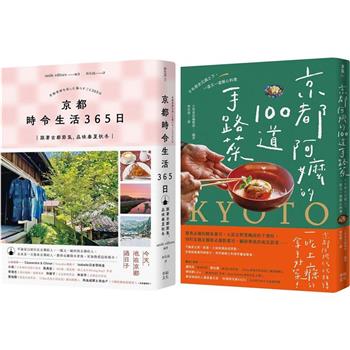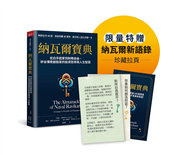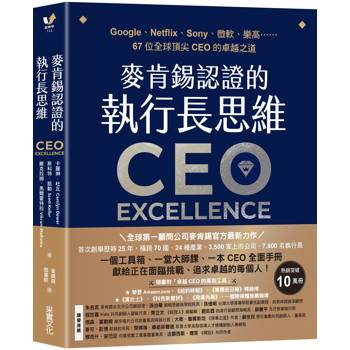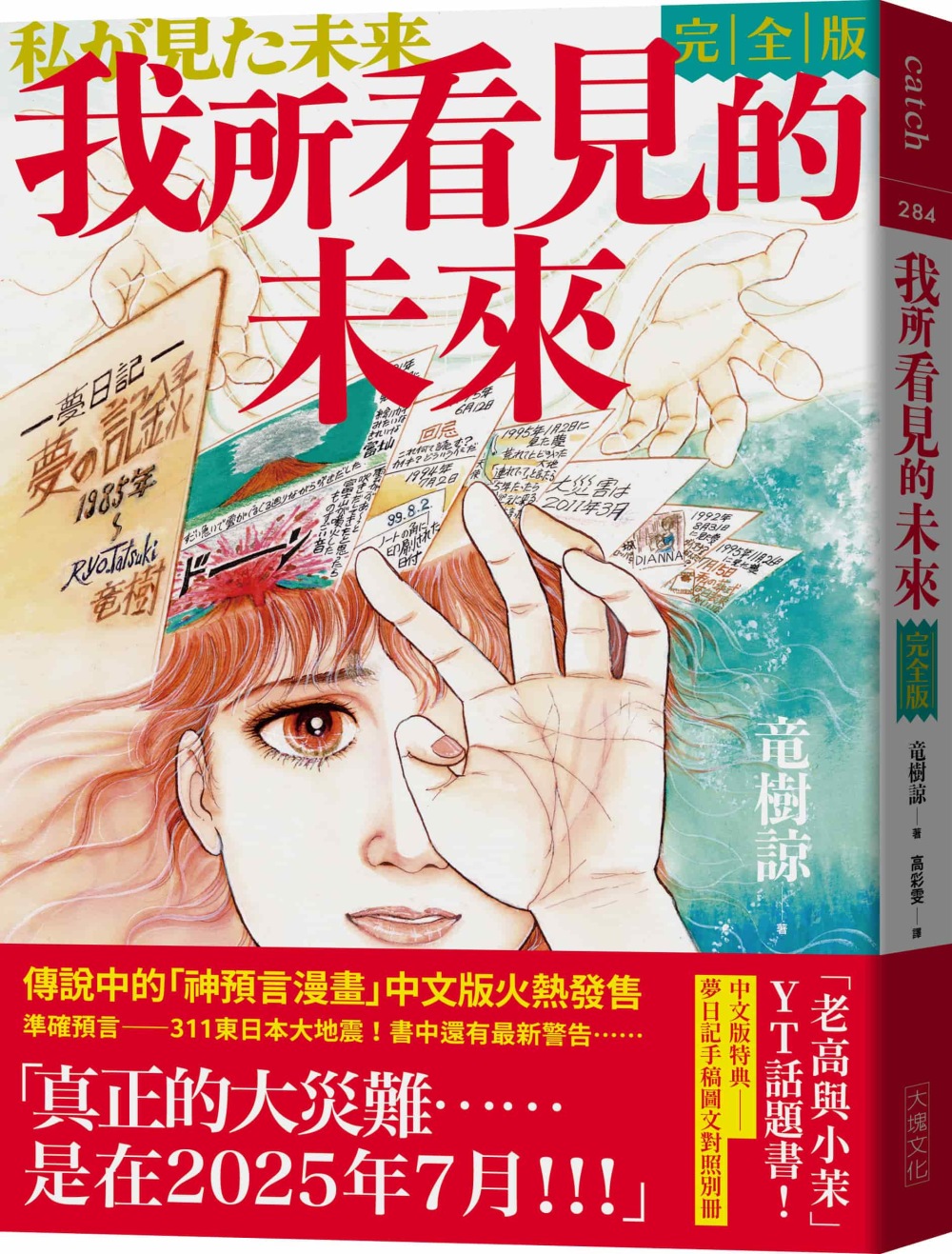In the last third of the nineteenth century, three Americans with diverse purposes sailed to Japan--the missionary William Elliot Griffis, the scientist Edward S. Morse, and the writer Lafcadio Hearn. They were to become part of the first generation of American experts on Japan, regularly quoted and widely read. More significantly, their own lives were vastly changed, broadened and enriched in unexpected ways, so that their thoughts dwelt as much on what Americans could learn from the pagan Japanese as on what Americans could teach them.
In telling these stories, Robert Rosenstone evokes the immediacy of daily experience in Meiji Japan, a nation still feudal in many of its habits yet captivating to Westerners for the gentleness of the people, the beauty of the landscape, the human scale of the unspoiled old towns, and the charm of arts and manners. He describes the odyssey of the ambitious and strong-minded Christian minister Griffis, who won few converts but, as a teacher, assisted at the birth of modern Japan. He portrays the natural scientist Morse, a born collector who turned from amassing mollusks to assembling comprehensive collections of Japanese folk art and pottery. He recounts Lafcadio Hearn's fourteen years in Japan. Hearn, who married a Japanese, became a citizen, and found in his new homeland ideal subject matter for exotic tales of ghosts, demons, spectral lovers, local gods and heroes, spells, enchantments.
Rosenstone recreates the sights and textures of Meiji Japan, but Mirror in the Shrine brings to the reader much more than a traditional rendering. Rather, through the use of some of the techniques of modernist writing, the book provides a multi-voiced narrative in which the words of the present and the past interact to present a fresh view of historical reality. While charting the common stages of these three Americans' acculturation--growing to like the food, the architecture, the spareness, the mysterious etiquette--the work also highlights the challenges that Japan issues to American culture, in this century as well as in the last: Is it possible to find human fulfillment within the confines of a hierarchical, even repressive, social order? Is it possible for our culture to find a place of importance for such qualities as harmony, aesthetics, morals, manners?
This is a book for anyone who is at all interested in Japan or in the meeting of East and West. The "old Japan hand" will reexperience the freshness of an early love; the newcomer will find it equally evocative and fascinating.












